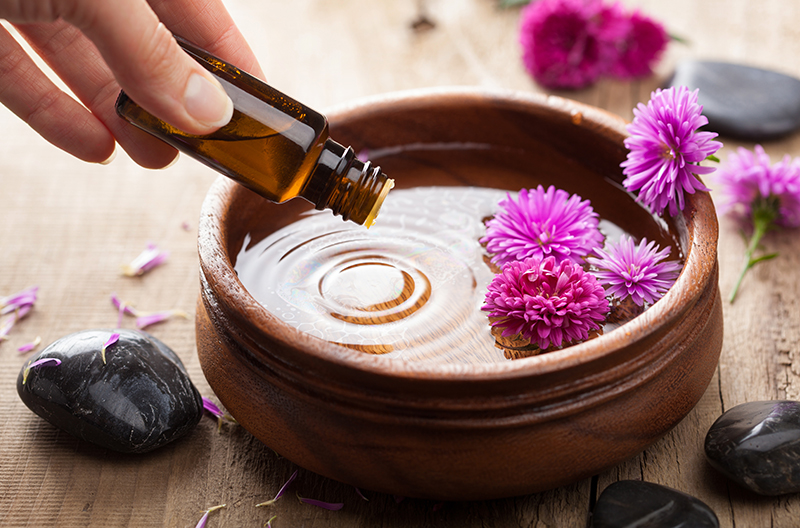Essential oils have become renowned not only for their relaxing properties, but also their ability to help with ailments such as minor wounds, headaches, acne, and other physical problems. But did you know that they can also be beneficial for your mental health as well?
If your interest is piqued, keep reading to discover the top 10 essential oils for mental health.
Using Essential Oils for Mental Health
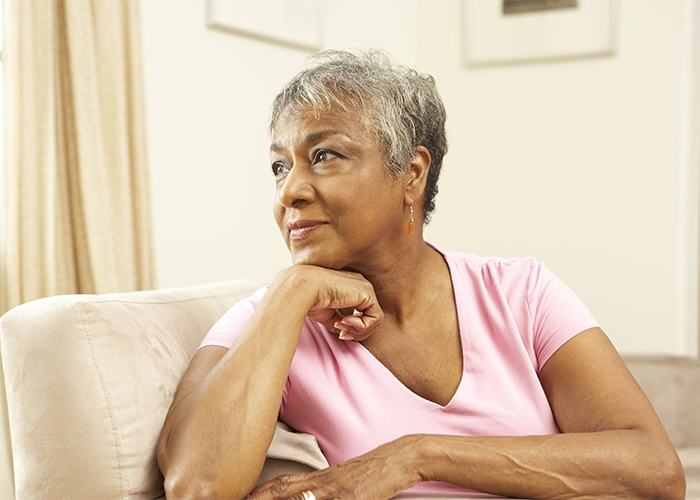
While essential oils will not cure your mental health issues, they can certainly give you a helping hand. Some studies have shown that certain essential oils can aid greatly in minimizing symptoms of depression and anxiety.
For example, some work best for treating stress, while others have shown to work well as a natural antidepressant. More research is required, but there are already several studies that show the powerful ways in which these oils may be able to help.
Now that you have a preliminary understanding of the potential for using essential oils for mental health, let’s take a look at the best ones and the science that backs up their abilities.
Always keep in mind that you don’t have to go about your mental health struggles alone. If you’re in need of advice or are having trouble coping, it’s vital to seek the advice of a health care professional.
Bergamot
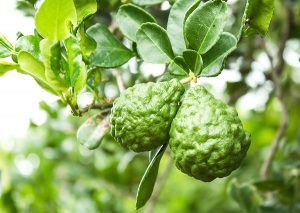
If you’ve never heard of bergamot essential oil before, you’re not alone. It certainly isn’t as well known as other citrus essential oils, but that doesn’t mean that it’s offerings are slim. In fact, it has been shown in a number of scientific studies to help ease anxiety and stress levels.
A study conducted on 41 healthy women found that participants who inhaled bergamot oil with water vapor and subsequently rested had substantially lower salivary cortisol levels (stress hormones) than those who only rested.[1] This is significant because cortisol levels can be used to measure stress, with lower levels indicating lower stress.[2]
Likewise, a rat study found that rats injected with anti-anxiety medication recorded lower stress markers after being exposed to the scent of bergamot oil.[3]
Lavender
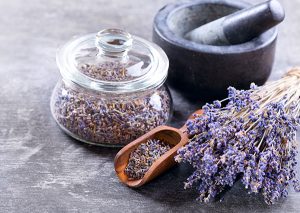
Fragrant and calming lavender essential oil is perhaps best known for its relaxing attributes. Lavender’s scent (if not the oil itself) is found in a variety of beauty products. For example, there are multiple lavender essential oil soaps, lotions, and skin care products that you can both buy and make at home.
It’s no wonder it’s one of the most popular essential oils for mental health, as it helps to calm anxiety and stress. There’s no shortage of studies supporting this, with one particularly impressive example involving its use in dental office waiting rooms. The study found lavender essential oil effectively “reduced anxiety and improved mood in patients waiting for dental treatment.”[4]
Roman Chamomile
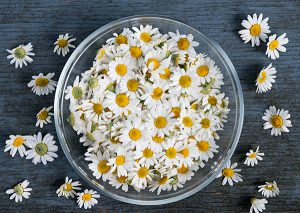
There are two types of chamomile that are found frequently in teas and natural medicines: German chamomile and Roman chamomile.
Roman chamomile is all about relaxation and stress reduction, which is why it’s found in a variety of soothing products such as teas, tinctures, and — of course — essential oil recipes.
A study published in Alternative Therapies in Health and Medicine compared the impact of chamomile extract versus placebo therapy on subjects with depression or anxiety.[5] All subjects reported relatively lower depressive symptoms with the use of chamomile extract.
Similarly, in a rat-based study, rats who inhaled either Roman chamomile or α-pinene (one of Roman chamomile’s main components) recorded reduced depressive-like behavior.[6]
Ylang Ylang
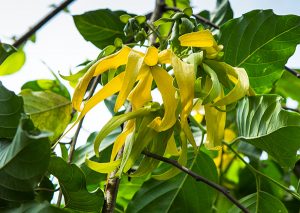
Ylang ylang essential oil is highly adept at reducing stress and inducing calm. If one of the main symptoms of your depression is anxiety or you are suffering from generalized anxiety disorder, you may find it just the trick for easing such feelings.
A study conducted on healthy men found that inhalation of ylang ylang oil significantly decreased their blood pressure and heart rates.[7] So the next time you’re after a natural aid to calm your anxious feelings, why not trying reaching for some ylang ylang oil?
Frankincense
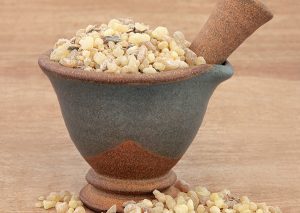
Some people choose to use frankincense to help manage their depressive symptoms. However, it’s important to keep in mind that no human studies have been conducted into whether it can actually help to alleviate depression.
That being said, studies conducted on rats have proven to be promising. For instance, one study noted that its impact on the rats supported its potential “as a novel treatment of depressive-like disorders.”[8]
Rose

Yet another essential oil that can have a beneficial effect on people mental health issues is rose essential oil. While human studies are sparse, one study reviewed thirteen clinical trials on the therapeutic effects of rose essential oil.[9]
The review noted that rose oil had physiological and psychological relaxation, analgesic, and anti-anxiety effects (although it also highlighted the need for further studies to be conducted).
Nutmeg
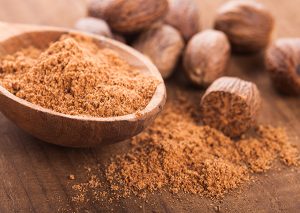
Otherwise known as myristica fragrans, nutmeg is primarily known for being a delicious spice. So it may come as a surprise that it can also be made into a powerful essential oil that has a wide variety of health benefits.
Nutmeg oil has shown great potential as an antidepressant in a number of rat studies.[10]’[11] Such studies have given hope that nutmeg’s effects may also translate to humans. However, in order to confirm this, human tests will need to be carried out.
Sandalwood
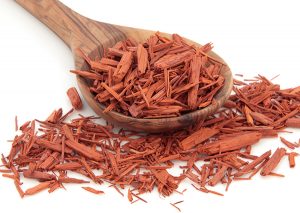
A recognizable scent that’s become increasingly popular in perfumes, sandalwood essential oil is associated with a warm, “calm” scent. It makes sense, then, that this essential oil is a key ingredient in both Ayurvedic and Chinese medicine. So what does science have to say about its use as an essential oil for mental health?
Research thus far has been quite limited, but there have been some promising results. One pilot study sought to evaluate the effects of using sandalwood essential oil in reducing levels of anxiety in palliative care.[12] The researchers noted while no assumptions could be drawn from the results due to the small sample size taken, the results nevertheless “seem to support the notion that sandalwood oil is effective in reducing anxiety.”
Sandalwood essential oil may also help boost mental alertness. Considering that a lack of energy, difficulty sleeping, and trouble making decisions are typical symptoms of depression,[13] you may find it worth taking advantage of this oil.
Need more convincing? One study looked into the psychological effects of East Indian sandalwood oil on healthy human subjects. The researchers found that sandalwood oil led to physiological deactivation but behavioral activation in the subjects.[14]
Essential oils are sometimes used best in combinations rather than just one at a time. Try blending your own!
How to Use Essential Oils for Mental Health
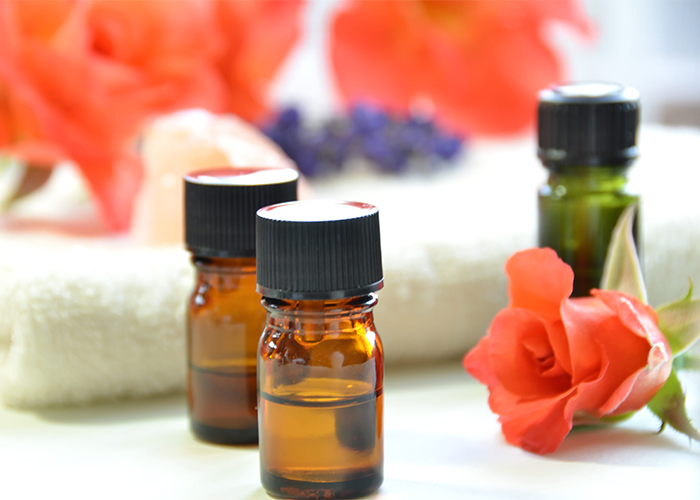
Now that you know all about the top essential oils for mental health, let’s take a look at the four main aromatherapy methods you can take advantage of:
- To diffuse: Simply put 10 to 12 drops of your essential oil of choice into the diffuser.
- In the bath: Add between 8 and 10 drops to your bath water before getting into the tub.
- To apply to skin: Mix a couple drops (2-3) of your essential oil with 2.5 milliliters of carrier oil and apply it to your skin.
- For spritzing: Mix together a higher number of drops (20-30) of the essential oil with about 50 milliliters of purified water in a spray bottle.
Whether you’re trying to get a better handle on your anxiety or depression, essential oils for mental health may be able to support you on your journey. With some trial and error, you’ll be able to determine which of the above ones work best for you!
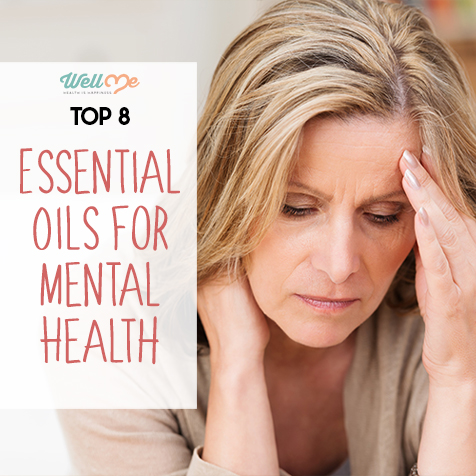
References
- [1] https://www.ncbi.nlm.nih.gov/pubmed/25824404
- [2] https://www.ncbi.nlm.nih.gov/pubmed/19095358
- [3] https://onlinelibrary.wiley.com/doi/abs/10.1002/ptr.3325
- [4] https://www.ncbi.nlm.nih.gov/pubmed/16095639
- [5] https://www.ncbi.nlm.nih.gov/pmc/articles/PMC3600408/
- [6] https://www.ncbi.nlm.nih.gov/pubmed/28527112
- [7] https://www.ncbi.nlm.nih.gov/pmc/articles/PMC3836517/
- [8] https://www.ncbi.nlm.nih.gov/pubmed/23015543
- [9] https://www.ncbi.nlm.nih.gov/pmc/articles/PMC5511972/
- [10] https://www.ncbi.nlm.nih.gov/pmc/articles/PMC4075663/
- [11] https://www.ncbi.nlm.nih.gov/pubmed/16579733
- [12] https://www.sciencedirect.com/science/article/abs/pii/S1744388105001246?via%3Dihub
- [13] https://www.nhs.uk/conditions/clinical-depression/symptoms/
- [14] https://www.ncbi.nlm.nih.gov/pubmed/14765284

